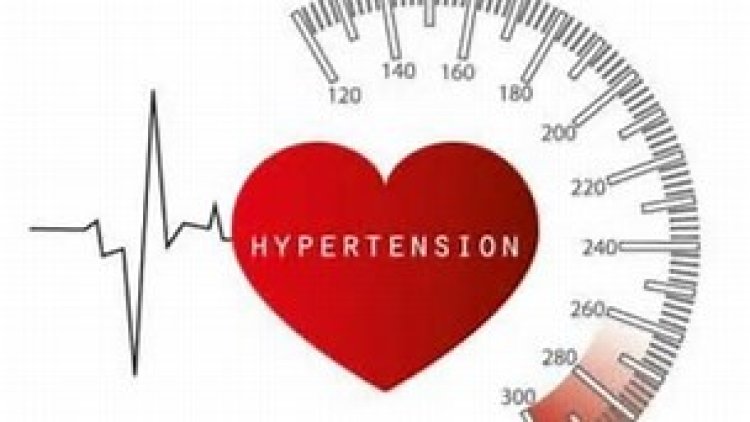Experts Discuss How Lifestyle Choices Impact Hypertension in Youth
Modern Lifestyle Fuels Youth Hypertension Risk, Experts Warn

In the era of technological advancement, human progress has surged forward, but the shift in lifestyle patterns has made individuals more susceptible to certain lifestyle-related ailments. Unlike the past, health concerns like hypertension are no longer confined to a specific age group; they can strike at any time.
Hypertension, characterized by increased blood pressure within the arteries due to stiffened or hardened blood vessels, places significant strain on the heart. Various factors contribute to hypertension, with advancing age being a significant one. As individuals grow older, a certain level of hypertension becomes more likely.
Dr. Vaibhav Mishra, Director & Head of Cardiovascular and Thoracic Surgery at Max Super Speciality Hospital, Patparganj, emphasizes that the assumption of young age being immune to hypertension no longer holds true. The modern lifestyle, marked by stress, inadequate sleep, limited physical activity, excessive fast food consumption, and high stress levels, has rendered the youth more prone to hypertension.
Dr. Bharesh Dedhia, Chief of the Department of Critical Care at P D Hinduja Hospital and Medical Research Centre, Khar, underscores the critical role of an unhealthy diet and lifestyle as primary causes of hypertension (HTN). Research has established a clear link between blood pressure levels in young adults and various dietary and lifestyle factors, encompassing excessive salt and fat intake, obesity, sedentary habits, and insufficient sleep.
Smoking, tobacco use, and alcohol consumption also contribute to hypertension, exacerbating metabolic disorders like insulin resistance, dyslipidemia, and inflammation, which further elevate the risk of HTN and its associated complications. Notably, children with a high birth weight face a heightened risk of elevated blood pressure in youth, although those who transition to a normal weight during their youth do not maintain an elevated risk.

 chandni
chandni 



